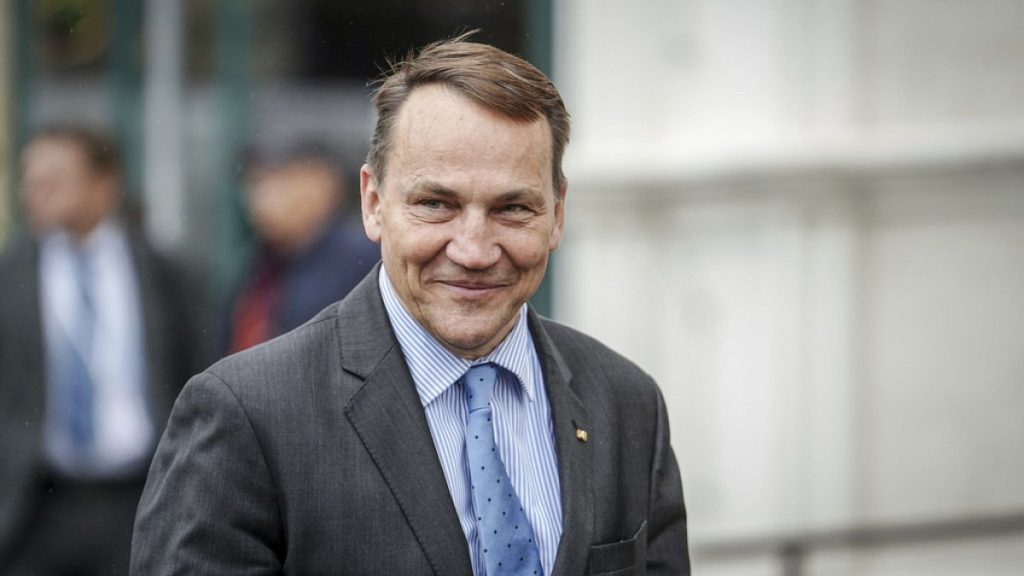Poland’s Foreign Minister Radoslaw Sikorski has accused Russia of attempting to sow instability in Europe ahead of the upcoming European parliamentary elections in June. According to Sikorski, Russia’s goal is to influence the outcome of these elections and destabilize Europe. He warned that there are sabotage groups in Europe that are inspired and funded by Russian services, and emphasized the need to prevent Russia from interfering in European affairs.
The Polish Prime Minister, Donald Tusk, recently announced the re-establishment of a commission to investigate undue Russian influence in Poland. This move comes in response to concerns about Russia’s attempts to destabilize European nations, with Poland being a key distributor of supplies to Ukraine which has made it a target for Moscow spies. The Polish government is taking proactive measures to address the threat of Russian interference, particularly in light of the upcoming European parliamentary elections.
The accusations made by the top Polish diplomat reflect growing concerns in Europe about Russia’s efforts to influence political events and undermine stability in the region. The presence of Russian-backed sabotage groups in Europe has raised alarm among European leaders, who are working to counter Russian influence and protect the integrity of democratic processes. The upcoming European parliamentary elections have heightened tensions as countries like Poland seek to prevent Russia from interfering in the electoral process.
The re-establishment of the commission to investigate Russian influence in Poland signals a coordinated effort by the Polish government to address the threat posed by Russia. By identifying and responding to Russian-backed sabotage groups operating in Europe, Poland hopes to safeguard its national security and prevent external interference in its internal affairs. The commission will play a critical role in assessing the extent of Russian influence and developing strategies to counteract it, in order to protect Poland’s sovereignty and democratic institutions.
The accusations made by Radoslaw Sikorski underscore the diplomatic tensions between Russia and Poland, as well as broader concerns about Russian interference in European politics. Poland’s stance against Russian destabilization efforts reflects a larger trend in Europe, where countries are increasingly wary of Russian influence and seeking to protect their sovereignty. As the European parliamentary elections approach, the issue of Russian interference is likely to remain a key concern for European leaders, who are working to defend against external threats and maintain security in the region.
Overall, the accusations made by Radoslaw Sikorski highlight the ongoing challenges posed by Russian interference in Europe and the need for coordinated action to address this threat. By identifying and countering Russian-backed sabotage groups, Poland aims to protect its national security and uphold democratic principles in the face of external influence. As tensions continue to escalate between Russia and Europe, the outcome of the upcoming European parliamentary elections will be crucial in determining the future of the region and shaping responses to the ongoing threat of Russian destabilization.


